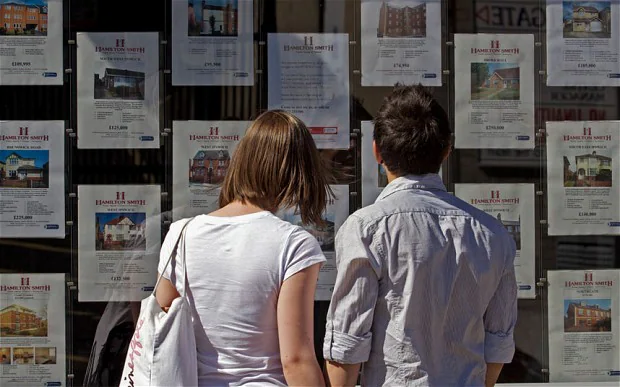Labour Proposes Mortgage Guarantee for First-Time Buyers
Labour pledges to make permanent a scheme for low-deposit mortgages, aiming to fulfill the dream of home ownership for first-time buyers.
Labour has announced it will make permanent a scheme designed to ensure low-deposit mortgages are available for first-time buyers if it wins the general election. The mortgage guarantee scheme, introduced by the Conservatives in 2021 when Rishi Sunak was Chancellor of the Exchequer, was extended until July next year by current Chancellor Jeremy Hunt. Labour leader Sir Keir Starmer said he wanted to “turn the dream of owning a home into a reality.”
The government acts as guarantor for part of a home loan, encouraging lenders to offer low-deposit deals. Labour’s plan aims to help over 80,000 young people onto the housing ladder in five years. However, according to the Office for National Statistics, about 40% of the UK’s 16.5 million people aged 15 to 34 were living with their parents in 2022, totaling around 6.7 million people.
Excluded from Homeownership
Labour’s proposal to make the scheme permanent, known as “Freedom to Buy,” aims to support young people facing challenges in the rental market or struggling to save, preventing them from being “locked out of homeownership.” Sir Keir, Labour’s leader, affirms the party’s commitment to prioritize builders over blockers, emphasizing the significance of homeownership.
He vows to turn the dream of owning a home into a reality if elected prime minister, drawing from his own family’s experience. The existing scheme allows lenders to purchase a guarantee on mortgages, incentivizing high loan-to-value lending to reduce deposit requirements.
However, brokers stress the importance of affordability checks beyond deposits. Labour also pledges to reintroduce housing targets, expedite planning permissions for brownfield land, and prioritize “grey belt” development, aiming to increase housing construction by 1.5 million units.
Price tension
Guy Gittins, CEO of Foxtons estate agents, described the housing market as “tough” for first-time buyers, predicting this difficulty to persist. He emphasized the need for government intervention to facilitate entry into the market through sensible policies, including revisiting help-to-buy schemes and stamp duty.
According to Halifax, the average UK house price was £288,688 in May, remaining relatively stable but showing a 1.5% increase year-on-year. Halifax’s data excludes cash buyers and buy-to-let transactions, which make up about a third of housing sales.
David Sturrock, a senior research economist at the Institute for Fiscal Studies think tank said that big falls in homeownership during the 2000s meant young adults are now a third less likely to own their own home than they were 25 years ago.
He said that making the current scheme permanent had the “potential” to reduce one of the barriers to getting on the housing ladder.
“Prospective buyers also need to have a sufficiently high income to take out a (bigger) mortgage and afford the repayments,” he said.
As a result, potential buyers in their 30s and from more well-off backgrounds looking to buy outside of London and south-east England were more likely to be able to take advantage of the offer, he suggested.
For its part, the Conservative party is putting forwards its “Family Home Tax Guarantee”.
The Tories have pledged not to increase the number of council tax bands, carry out a council tax revaluation, cut council tax discounts or increase the rate or level of stamp duty which buyers pay when they purchase property.
Laura Trott, Chief Secretary to the Treasury, said: “Only Rishi Sunak and the Conservatives have a clear plan, backed by bold action, to strengthen the economy, bring mortgage costs down and help more people get on the housing ladder.”
SNP candidate for Airdrie and Shotts, Anum Qaisar, said Scottish households were “being punished by Westminster failures”, adding that “the cost of mortgages and energy bills are too high and families need help now.”
The Liberal Democrats said they would “put community need over developer greed, giving people the chance to get on the housing ladder with genuinely affordable houses.”

